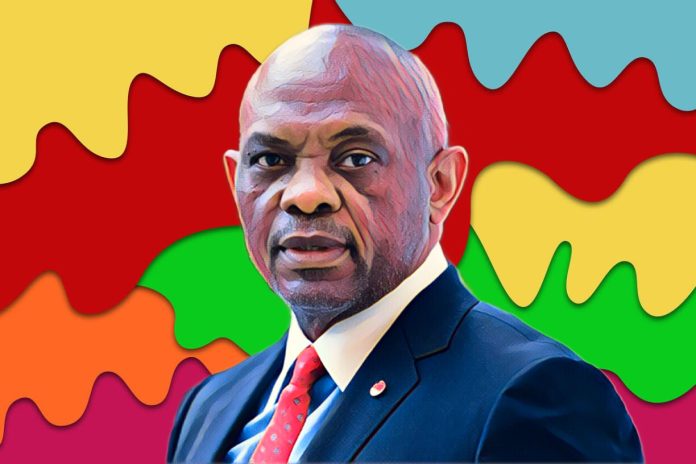KEY POINTS
- The court ruling resets Abuja Electricity Distribution Company tax dispute.
- Investors watch Abuja Electricity Distribution Company tax dispute closely.
- The Abuja Electricity Distribution Company tax dispute continues unresolved.Abuja
Electricity Distribution Company has won a temporary reprieve after a Federal High Court in Abuja set aside a ruling that required it to pay N5.31 billion in alleged tax liabilities to the Federal Inland Revenue Service.
The company, tied to Transcorp Power Plc, had challenged the Tax Appeal Tribunal’s 2023 ruling that upheld the assessments.
Justice Umar Mohammed said the earlier tribunal decision was influenced by bias and lacked the elements of a fair hearing. He ordered the matter to return to the tax tribunal for a full retrial, effectively halting enforcement of the disputed tax bill. His ruling offers the company another chance to contest the figures and defend its position.
Fresh scrutiny shapes Abuja Electricity Distribution Company tax dispute
The dispute originated from a December 14, 2023 judgment that directed the utility to settle unpaid VAT and Withholding Tax liabilities traced to the period between 2013 and 2017. The company filed a challenge, warning that immediate enforcement could disrupt power supply to customers across Abuja, Kogi, Nasarawa and Niger States.
The utility also raised concerns about a tribunal member who once worked at the FIRS and had links to parts of the company’s tax audit. The company argued that this background created a conflict. The FIRS rejected that claim and said the company should have raised the issue earlier.
The earlier tribunal ruling determined that AEDC owed N4.53 billion in VAT and N780.3 million in WHT, relying on an audit supported by a consulting firm. The utility disputed the findings and said there was no lawful basis for the assessments after a joint investigation by the FIRS and the Economic and Financial Crimes Commission.
Internal restructuring amplifies pressure on the utility
The ruling arrives as the company undergoes major internal restructuring. Nearly 800 workers were informed this month that their roles would be terminated, marking one of the largest layoffs in the sector. The company also faces regulatory pressure, including a N200 million penalty last year over customer billing practices.
According to Billionaires Africa, The court’s decision gives the distributor short-term relief, but the dispute will now continue before the tribunal. Its outcome will determine whether the utility faces a multibillion-naira bill or escapes the earlier assessment.



